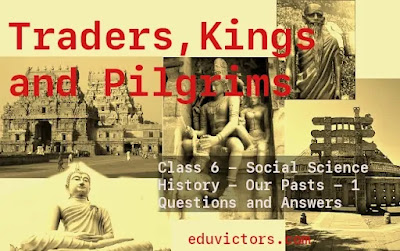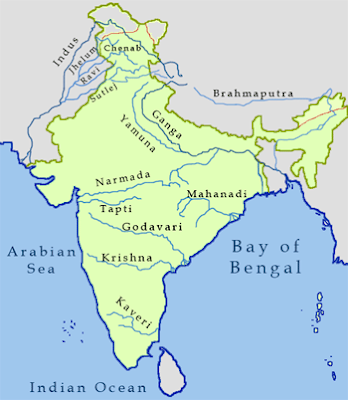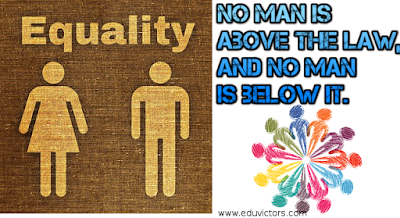Class 6 - Social Science - Chapter -The Earth in the Solar System (Worksheet)
The sun, eight planets, satellites and some other celestial bodies known as asteroids and meteoroids form the solar system.
Download the worksheet (Pdf)
👉See Also:
Geography - CH1- The Earth in the Solar System (Q & A)
Geography - CH1 - The Earth in the Solar System (Assignment Sheet)
Geography - CH2 - Globe - Longitudes and Latitudes
Geography - Ch2 - Globe - Longitudes and Latitudes (Questions and Answers)
Geography CH3 - Motions of The Earth (Q & A)
Geography CH7 - Our Country India (Q & A)
Geography - Know About India (Q & A)
Geography - Our Country India (Worksheet)
Geography - Indian States Touching International Borders
Geography CH8 - India: Climate, Vegetation and Wildlife (Q & A)
Social Studies Quiz
Social Studies Quiz (2016)


















